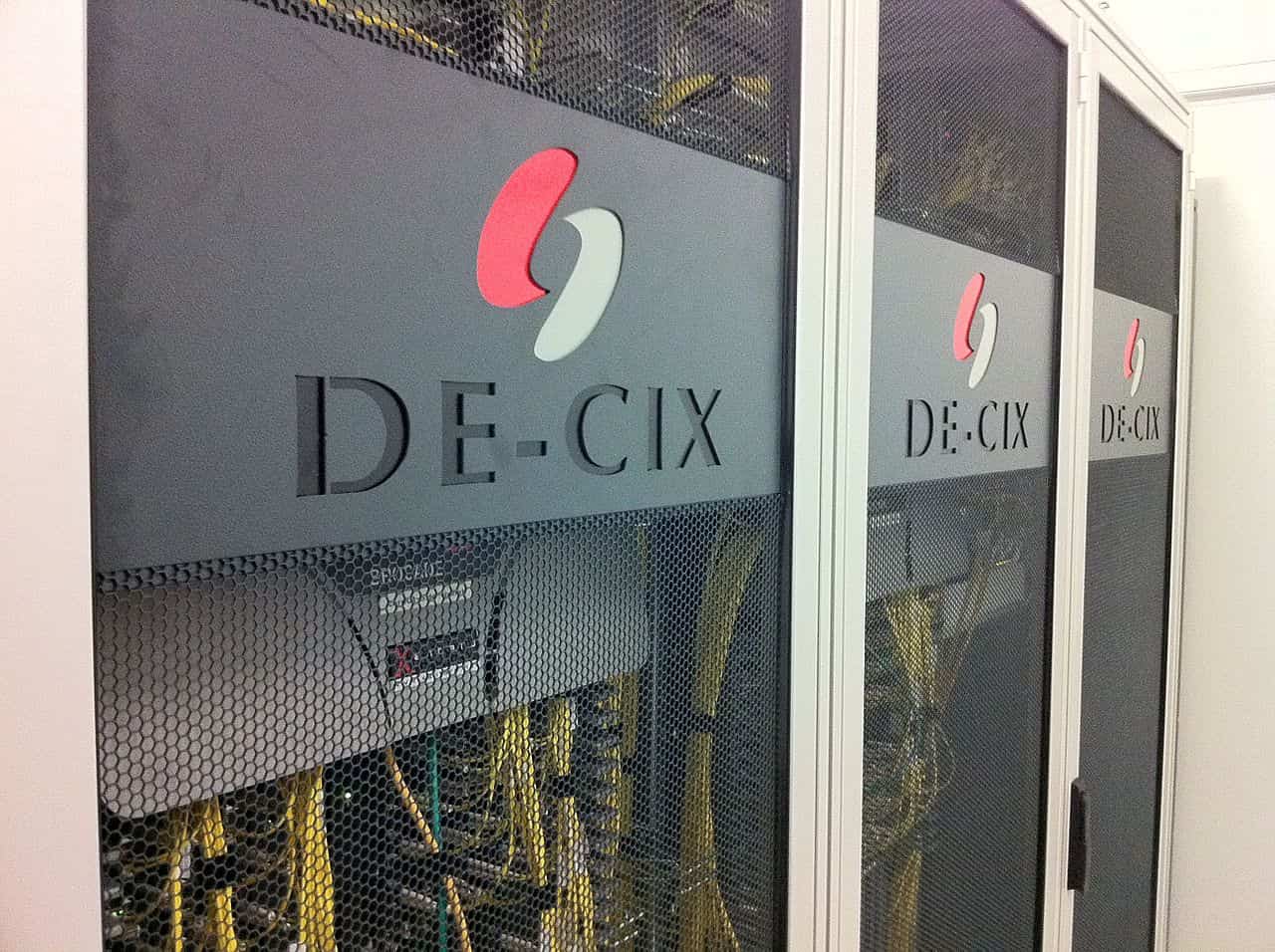The globalization of internet traffic just reached a new milestone with the decision by BIGLOBE, one of Japan’s leading internet providers, to connect directly to the world’s largest interconnection hub, DE-CIX Frankfurt, using the GlobePEER Remote solution.
This strategic move allows BIGLOBE —which provides internet access, network solutions, digital content, and applications to individual and business clients in Japan— to extend its reach beyond its physical facilities in Asia and directly connect with key European networks, including content operators and cloud service providers.
Lower latencies and a better user experience
Direct connectivity to the DE-CIX Frankfurt ecosystem enables BIGLOBE to shorten data routes, reducing latency and enhancing service quality for critical applications like streaming or cloud access.
In a world where users increasingly demand immediacy, every millisecond counts. For services such as video conferencing, online gaming, or on-demand video platforms, these types of agreements can make the difference between a seamless experience and frustration.
Cost savings and increased resilience
Beyond performance improvements, BIGLOBE also gains advantages in terms of cost and resilience. Using remote peering eliminates the need to invest in new hardware or navigate complex import procedures for telecom equipment. The service is provided over a VLAN on the existing access port in Tokyo, with DE-CIX managing all additional interconnection.
This results in a redundant service with predictable latency and jitter values, without the extra costs associated with deploying dedicated infrastructure in Europe.
An expanding model
DE-CIX’s remote peering solution is specifically designed for operators looking to expand their global reach without establishing physical points of presence in every market. For networks like BIGLOBE, it’s a cost-effective way to access the European ecosystem, where content delivery networks (CDNs) and globally-reaching cloud providers are concentrated.
With this agreement, BIGLOBE enhances its position as a key player in the Japanese market and connects to a hub that is vital in the global internet traffic exchange.
Frequently Asked Questions (FAQ)
What is remote peering?
It’s a service that allows a network operator to connect to an Internet exchange point (IXP) in a different city from where they are physically located, using their existing access port elsewhere.
Why did BIGLOBE choose DE-CIX Frankfurt?
Because it is one of the largest interconnection hubs with the richest ecosystem of networks and content worldwide. This enables BIGLOBE to improve performance towards Europe and deliver better service quality to its users.
What benefits does remote peering offer over deploying own infrastructure?
Cost savings (no need for new hardware or import procedures), faster deployment, more predictable latencies, and a managed redundant service provided by DE-CIX.
What types of services benefit most from this connectivity?
Primarily those requiring low latency and high stability, such as video streaming, online gaming, video calls, enterprise cloud applications, and digital content distribution.
via: de-cix

